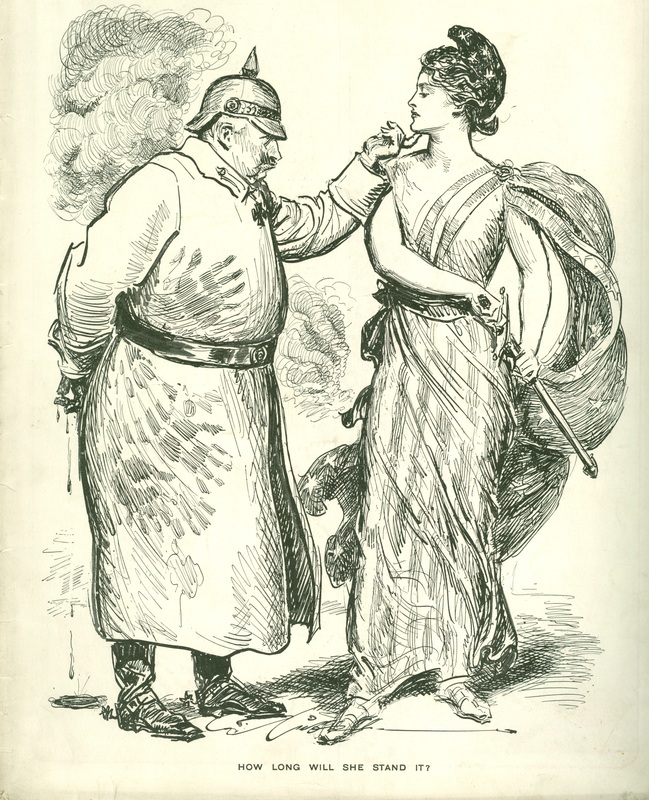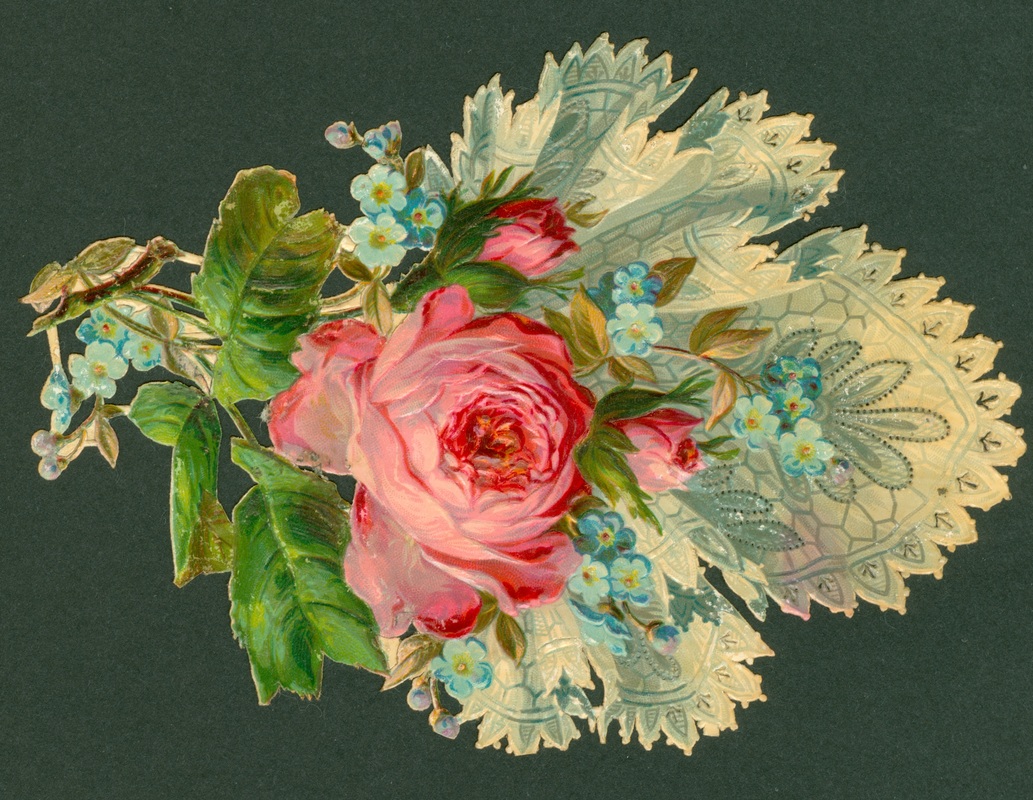Encouraging quotes
"She envied my courage. This, I said, like all other qualifications of the mind, might be gained at last by practice." — Anne Lister, September 13, 1818. (Written in her diary, which was published in 2010 by Virago Press. This quote appears on pages 73-74 of the published version.)
""[I]t takes so much courage to stand up for one's principles, one's ideas."
"But why do it? Why not accept what everybody says is so, and go along comfortably?"
"Why not? I often ask myself. But — well, I can't."" — Graham Phillips David. A Woman Ventures. 1902, pp. 216-217.
"It is true that there are liberties and liberties. Yonder torrent, crystal-clear, and arrow-swift, with its spray leaping into the air like white troops of fawns, is free enough. Lost, presently, amidst bankless, boundless marsh — soaking in slow shallowness, as it will, hither and thither, listless among the poisonous reeds and unresisting slime it is free also. We may choose which liberty we like — the restrain of voiceful rock, or the dumb and edgeless shore of darkened sand." — John Ruskin. The Queen of the Air. 1869. p. 151-152.
IF
By Rudyard Kipling
If you can keep your head when all about you
Are losing theirs and blaming it on you,
If you can trust yourself when all men doubt you,
But make allowance for their doubting too;
If you can wait and not be tired by waiting,
Or being lied about, don’t deal in lies,
Or being hated, don’t give way to hating,
And yet don’t look too good, nor talk too wise:
If you can dream—and not make dreams your master;
If you can think—and not make thoughts your aim;
If you can meet with Triumph and Disaster
And treat those two impostors just the same;
If you can bear to hear the truth you’ve spoken
Twisted by knaves to make a trap for fools,
Or watch the things you gave your life to, broken,
And stoop and build ’em up with worn-out tools:
If you can make one heap of all your winnings
And risk it on one turn of pitch-and-toss,
And lose, and start again at your beginnings
And never breathe a word about your loss;
If you can force your heart and nerve and sinew
To serve your turn long after they are gone,
And so hold on when there is nothing in you
Except the Will which says to them: ‘Hold on!’
If you can talk with crowds and keep your virtue,
Or walk with Kings—nor lose the common touch,
If neither foes nor loving friends can hurt you,
If all men count with you, but none too much;
If you can fill the unforgiving minute
With sixty seconds’ worth of distance run,
Yours is the Earth and everything that’s in it,
And—which is more—you’ll be a Man, my son!
"It is not the critic who counts; not the man who points out how the strong man stumbles, or where the doer of deeds could have done them better. The credit belongs to the man who is actually in the arena, whose face is marred by dust and sweat and blood; who strives valiantly; who errs, who comes short again and again, because there is no effort without error and shortcoming; but who does actually strive to do the deeds; who knows great enthusiasms, the great devotions; who spends himself in a worthy cause; who at the best knows in the end the triumph of high achievement, and who at the worst, if he fails, at least fails while daring greatly, so that his place shall never be with those cold and timid souls who neither know victory nor defeat." — Theodore Roosevelt, in a speech at the Sorbonne, Paris. 1916.
The Quitter
By Robert Service
When you're lost in the Wild, and you're scared as a child,
And Death looks you bang in the eye,
And you're sore as a boil, it’s according to Hoyle
To cock your revolver and . . . die.
But the Code of a Man says: "Fight all you can,"
And self-dissolution is barred.
In hunger and woe, oh, it’s easy to blow . . .
It’s the hell-served-for-breakfast that’s hard.
"You're sick of the game!" Well, now that’s a shame.
You're young and you're brave and you're bright.
"You've had a raw deal!" I know — but don't squeal,
Buck up, do your damnedest, and fight.
It’s the plugging away that will win you the day,
So don't be a piker, old pard!
Just draw on your grit, it’s so easy to quit.
It’s the keeping-your chin-up that’s hard.
It’s easy to cry that you're beaten — and die;
It’s easy to crawfish and crawl;
But to fight and to fight when hope’s out of sight —
Why that’s the best game of them all!
And though you come out of each gruelling bout,
All broken and battered and scarred,
Just have one more try — it’s dead easy to die,
It’s the keeping-on-living that’s hard.
Invictus
By William Ernest Henley
Out of the night that covers me,
Black as the pit from pole to pole,
I thank whatever gods may be
For my unconquerable soul.
In the fell clutch of circumstance
I have not winced nor cried aloud.
Under the bludgeonings of chance
My head is bloody, but unbowed.
Beyond this place of wrath and tears
Looms but the Horror of the shade,
And yet the menace of the years
Finds and shall find me unafraid.
It matters not how strait the gate,
How charged with punishments the scroll,
I am the master of my fate,
I am the captain of my soul.
"You cannot ask me to be bound by your conclusions or wishes when they do not agree with my own." — Graham Phillips David. A Woman Ventures. 1902.
"One does not become free by license, by cringing before the stupidest, the most foolish impulses that are in him. I think he becomes free by refusing to degrade himself and violate the laws of his own nature." — Graham Phillips David. A Woman Ventures. 1902, pp. 234-235.
"Theresa was irritated that Emily's "queer ideas" were a force in her life, not a mere mask for disappointment." — Graham Phillips David. A Woman Ventures. 1902, p. 181.
"Maybe all steps into the future drew strength from a searching gaze into the deep past." A.S. Byatt, The Children's Book, New York: Alfred A. Knopf, 2009, p. 132.
"It is easy to find fault, if one has that disposition. There was once a man who, not being able to find any other fault with his coal, complained that there were too many prehistoric toads in it." — Mark Twain, Puddin'Head Wilson, 1894.
"My daintiness does not hurt you." — Richard Jefferies, After London. 1885. Part II, Chapter 4.
Comfort
By William Morris
From out the throng and stress of lies
From out the painful noise of sighs,
One voice of comfort seems to rise:
"It is the meaner part that dies."
"He who labors with the mind governs others; he who labors with the body is governed by others." — Thomas Hill, Hill's Manual of Social and Business Forms, 1891. p. 139.
"Fix, then, this in your mind as the guiding principle of all right practical labor, and source of all healthful life energy — that your art is to be the praise of something that you love. It may only be the praise of a shell or a stone; it may be the praise of a hero; it may be the praise of God; your rank as a living creature is determined by the height and breadth of your love; but, be you small or great what healthy art is possible to you must be the expression of your true delight in a real thing, better than the art." — John Ruskin. Pearls for Young Ladies. 1878.
"Those who have finished by making others think with them, have usually been those who began by daring to think with themselves." — Thomas Hill, Hill's Manual of Social and Business Forms, 1891. p. 139.
"Hers was not a nature to be crushed by any trouble; on the contrary, the deeper the water the better she floated." — Darley Dale. "The Village Blacksmith." 1889.


 RSS Feed
RSS Feed